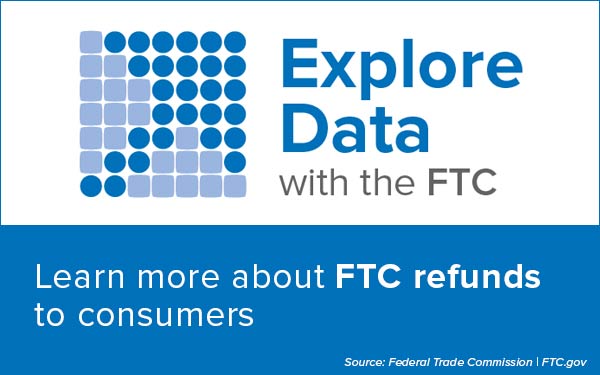The Federal Trade Commission is sending nearly $30 million in refunds to people tricked by agents working on behalf of Career Education Corporation (currently operating as Perdoceo Education Corporation), the operator of several post-secondary schools.
 CEC’s lead generators tricked consumers into providing their information and enrolling at CEC schools using a variety of deceptive methods, including pretending to be U.S. military recruiters, or affiliated with the military, and falsely promising to provide assistance with job placement and various public benefits, according to the FTC’s complaint.
CEC’s lead generators tricked consumers into providing their information and enrolling at CEC schools using a variety of deceptive methods, including pretending to be U.S. military recruiters, or affiliated with the military, and falsely promising to provide assistance with job placement and various public benefits, according to the FTC’s complaint.
In 2019, CEC and its subsidiaries, American InterContinental University, Inc., AIU Online, LLC, Marlin Acquisition Corporation, Colorado Technical University, Inc., and Colorado Tech., Inc., settled FTC charges that they used lead generators to engage in illegal conduct to market their schools. The FTC also charged that both CEC and its lead generators illegally called people registered on the National Do Not Call Registry.
The FTC is mailing approximately $30 million to more than 8,000 recipients today. The average refund is more than $3,700 per person, the largest per person average in the agency’s history.
People who receive checks should deposit or cash their checks within 90 days, as indicated on the check. Recipients who have questions about their checks can call the refund administrator, JND Legal Administration, at 1-833-916-3603. The FTC never requires people to pay money or provide account information to cash a refund check.
The FTC’s interactive dashboards for refund data provide a state-by-state breakdown of FTC refunds. In 2020, FTC actions led to more than $483 million in refunds to consumers across the country, but recently the United States Supreme Court ruled the FTC lacks authority under Section 13(b) to seek monetary relief in federal court going forward. The Commission has urged Congress to restore the FTC’s ability to get money back for consumers.
The Federal Trade Commission works to promote competition and protect and educate consumers. The FTC will never demand money, make threats, tell you to transfer money, or promise you a prize. Learn more about consumer topics at consumer.ftc.gov, or report fraud, scams, and bad business practices at ReportFraud.ftc.gov. Follow the FTC on social media, read consumer alerts and the business blog, and sign up to get the latest FTC news and alerts.
